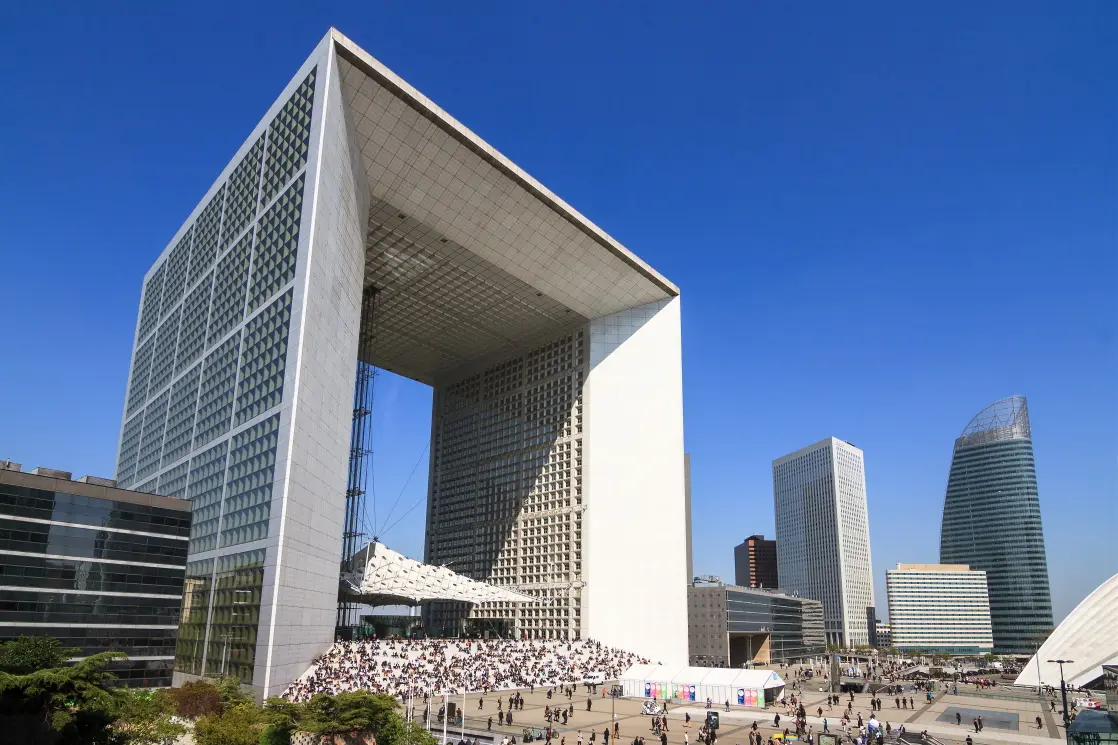
The transformation of the economy and the international monetary and financial system is now well underway, breaking with the model that prevailed before the 2007 financial crisis. In the new developments that are taking shape, access to market financing, but also developments in financial innovation, sustainable finance, accelerated market opening and competition between financial centers are significant new challenges, both in terms of the competitiveness of modern economies and the need to reconcile economic growth with the satisfaction of social needs.
The prime purpose of financial centers is to meet growing global funding needs, and these are particularly high for the next ten to twenty years. These needs concern in particular long-term financing, in both developed and emerging countries. They relate, for instance to infrastructure, the digital transformation of the economy, aging populations in developed countries, the depletion of natural resources, the fight against global warming. They are estimated at more than €10,000 billion for infrastructure alone by 2030, worldwide, including €1,600 billion for Europe per year.
Financial centers provide diversified funding sources to meet these needs. Even more because, since the financial crisis, and with the implementation of new prudential rules on banking and insurance companies, a gradual decline in bank financing and a shift towards a financing model more oriented towards market financing have been observed. The issue is about financing the economy and businesses, including SMEs/ETIs, as well as employment.
Financial centers support the development of new technologies. The technological revolution is leading to profound changes in our modes of development and requires the adaptation of our economies. Obviously, the financial industry is also itself concerned by these developments, which have an impact on all its segments. In particular, new modes of distribution of banking and financial products are emerging, new players and new technologies, such as blockchain or artificial intelligence, are growing: they are thus profoundly transforming the architecture and organization of financial market infrastructures. That has triggered the rapid rise of Fintech companies, which apply technology to improve financial activities.
Moreover, financial centers increasingly help promote the growth of all the segments of sustainable finance, i.e. responsible investment, environmental finance, solidarity finance. Since the 2008 financial crisis, many questions and concerns have been raised about the way our economies and financial markets operate: the necessary long-term dimension and the Environment, Social and Governance (ESG) criteria are increasingly being taken into account in asset management. The energy and the ecological transition is now a global issue, which has an impact on investment and financing conditions. The rise in climate risks is forcing financial institutions to provide new and appropriate responses. For instance, the World Bank estimates that 90 trillion dollars will be needed by 2030 to achieve the objective of limiting temperature increases to 2°C set by the Paris Agreement.
Finally, financial centers accompany the rise of emerging countries. A new global economic order is developing, in which some regions will have to perform transformations and adjustments to continue to count. A consequence of the rise of emerging countries at the global level is the emergence of new international financial centers and therefore increased competition among them: the trend is no longer towards centralization towards a few dominant financial centers in the world but rather towards the development of new financial centers with rapidly international ambitions.
To address these growing challenges and accompany the transformation of the global economy, financial centers have defined different approaches and priority actions. For example, they foster long term savings and channel them towards the financing of companies. Moreover, they encourage the development of R&D and Fintech. They also contribute to the development of a regulatory framework conducive to the development of green and sustainable finance as well as new financing tools. Finally, they raise awareness through communication on and within the financial ecosystem and they provide training and spread expertise.
Cross-fertilization among centers is necessary to leverage collective and individual efficiencies and best practices, and thus increase competition and growth.
Therefore, the World Alliance of International Financial Centers (WAIFC) contributes to accelerating dialogue and exchange of best practices between financial centers and develop communication with the general public. WAIFC's objective is also to work closely together with knowledge partners, such as consulting firms, universities, research institutes.
WAIFC is currently working on four joint projects:
- Explain the role of financial centers in serving the needs of businesses and the economy;
- Develop a financial center database, with key statistics, systematized data and research on IFCs and related economic activities for a wide range of users;
- Discuss best practices on building up Fintech ecosystems and reflect on innovations in finance and how financial centers can support their development;
- Develop best practices in sustainable finance.

